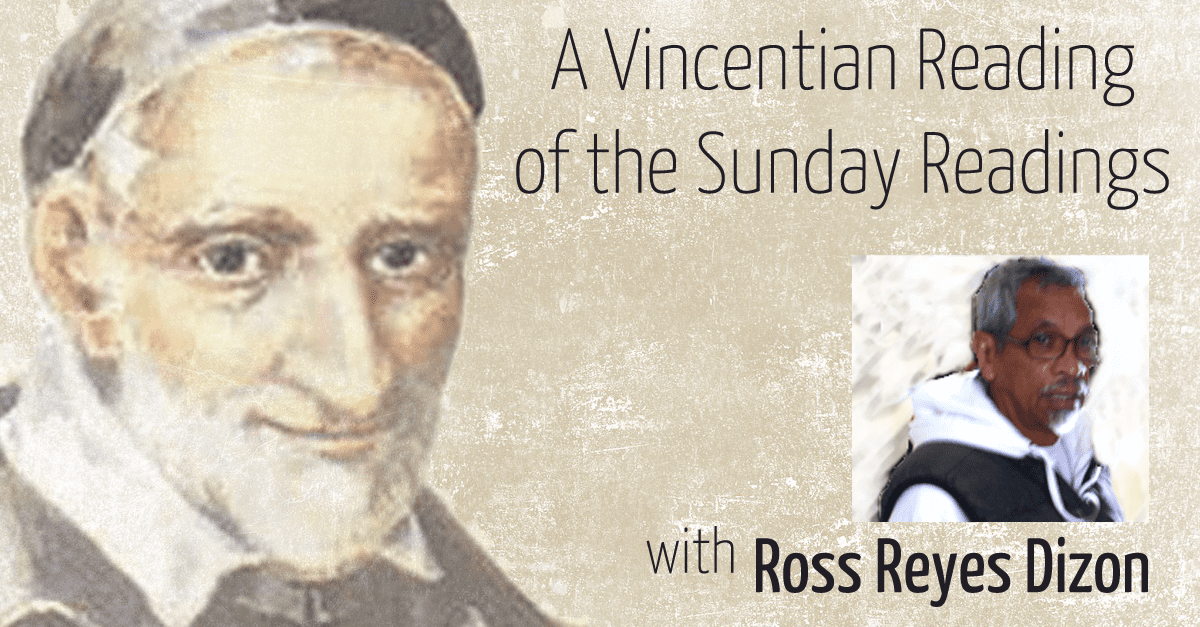Jesus is the Good News of salvation. He calls us who have sinned—and no one of us is free of guilt—to return to God. So, there is hope for us.
In the face of evils, like war crimes, many wonder, “Where is God.” As though the guilt were his. Why does he allow them? Why does he not step in? In effect, the Creator who gifts us with free will gets cross-examined.
The questions seek to explain disastrous events. And a shallow explanation is that disasters are due to the guilt of the victim or of a parent.
It is not that those who tell Jesus about the sacrilegious murder of Galileans are looking for an explanation. In fact, the account makes no mention of motive. But the news only makes the Teacher question the shallow explanation. He does not even explain; he just teaches that all, Galileans and those living in Jerusalem, have to repent so as not to perish.
We were all born in guilt.
There is the teaching that all of us have left the right path, that there is no one that does what is right (Ps 14, 3; 53, 4). And we know in the depths of our hearts that such teaching is true.
For we look out only for our interests; we do not care for the good of the other. We want to use, or better, abuse the other. As though the other were an object of our pleasures and ambitions.
And these cravings come from the same greed that makes us slip. For we envy the wicked as we see them fare well (Ps 73). And when our ambitions get nowhere, we end up in quarrels, fights and even wars (Jas 4, 1-5).
Yes, our guilt destroys and wears away ourselves, our neighbor, the good and well-being of society. And due to the weakness, “remnants of sin,” that guilt, like illness, yields, human nature falls more easily.
We share guilt and also hope.
We are all sinners. But there is yet hope for us to be just by God’s grace through Jesus Christ’s redemption (Rom 3,23-24). The latter is the gardener who strives to make the fig tree bear fruit.
That is why he is one with us; he becomes like us in every way but guilt. So, he takes up our pain and bears our suffering. And though he does not know sin, he is crushed for our sins. The one who embodies the mercy of God, who hears the cry of the poor, carries our guilt. For we are stray sheep. And Jesus consummates such mercy on the cross, and we recall it in the Eucharist.
Needless to say, this mercy that makes for oneness lifts us up and saves us. God is with us. But “where are we?”
Hence, we are to welcome mercy and drink it from the rock that is Christ. And if we store it in the heart, we will bear the fruit God seeks. And we will get to do our part to make human nature strong. Besides, it will be said of us that we live in Jesus Christ by his death and we die in Jesus Christ by his life (SV.EN I:276).
Lord Jesus, blot out all our guilt. Forgive us for failing to see and help you in those who are poor.
20 March 2022
Third Sunday of Lent (C)
Ex 3, 1-8a. 13-15; 1 Cor 10, 1-6. 10-12; Lk 13, 1-9








0 Comments